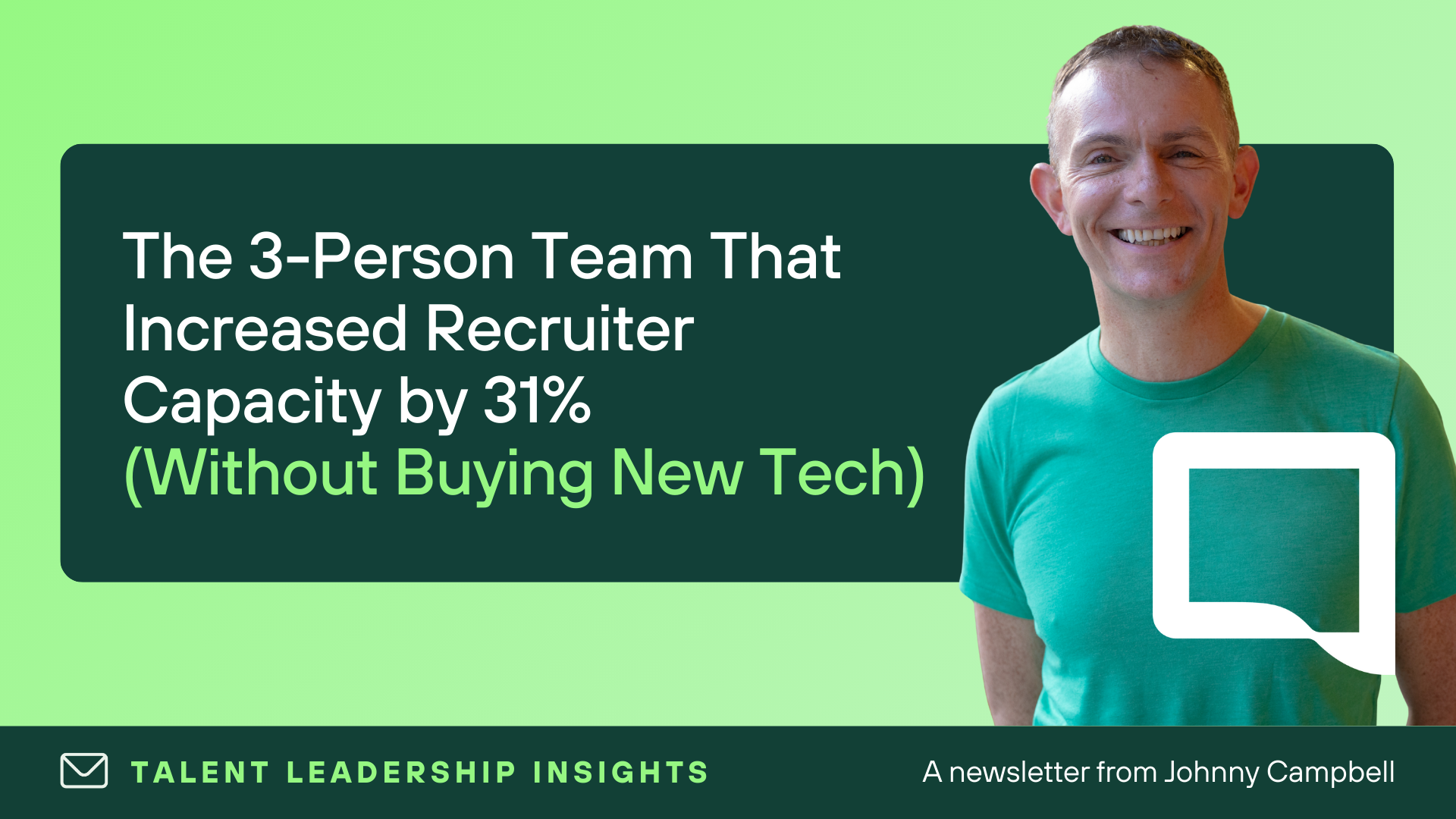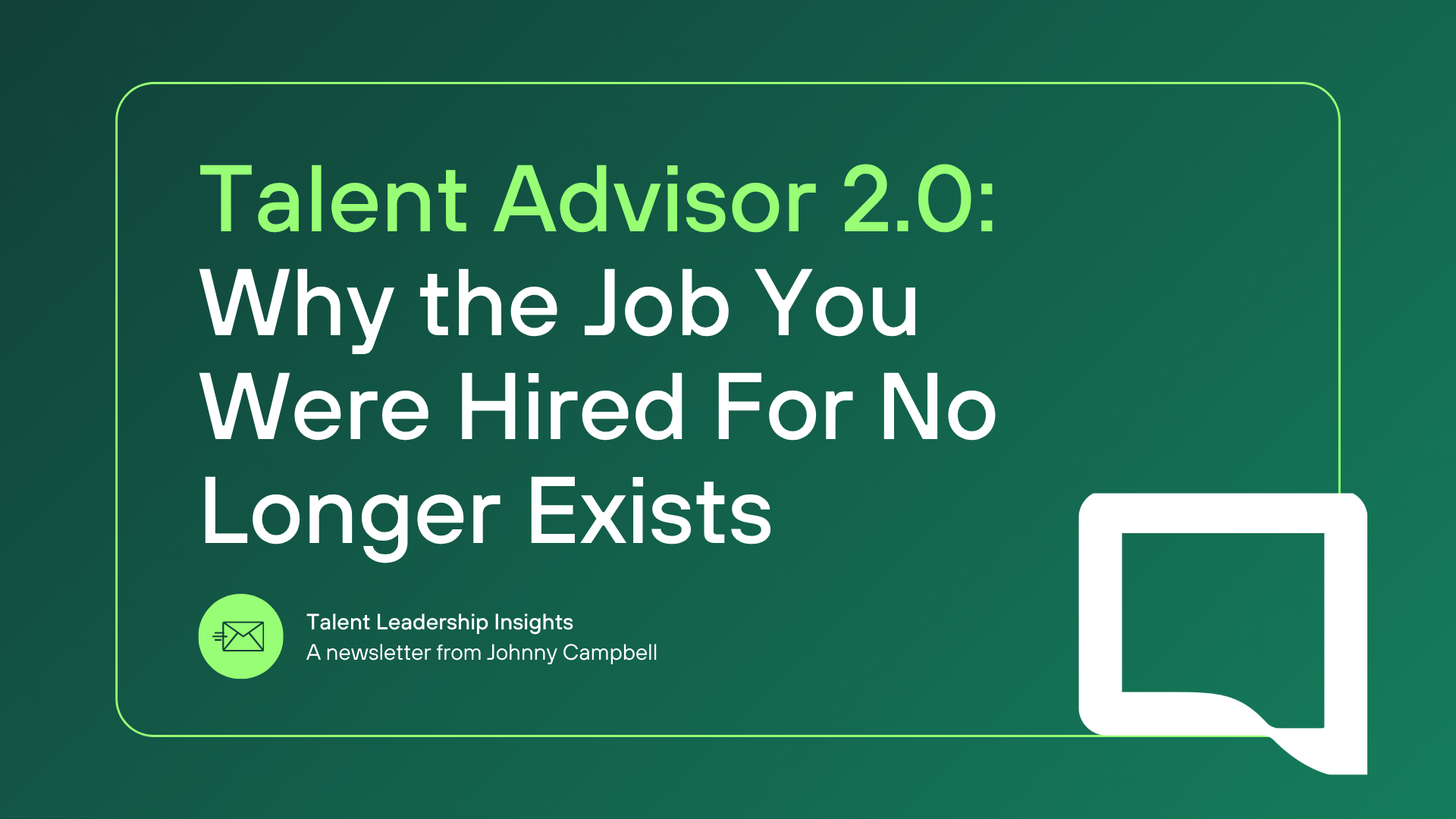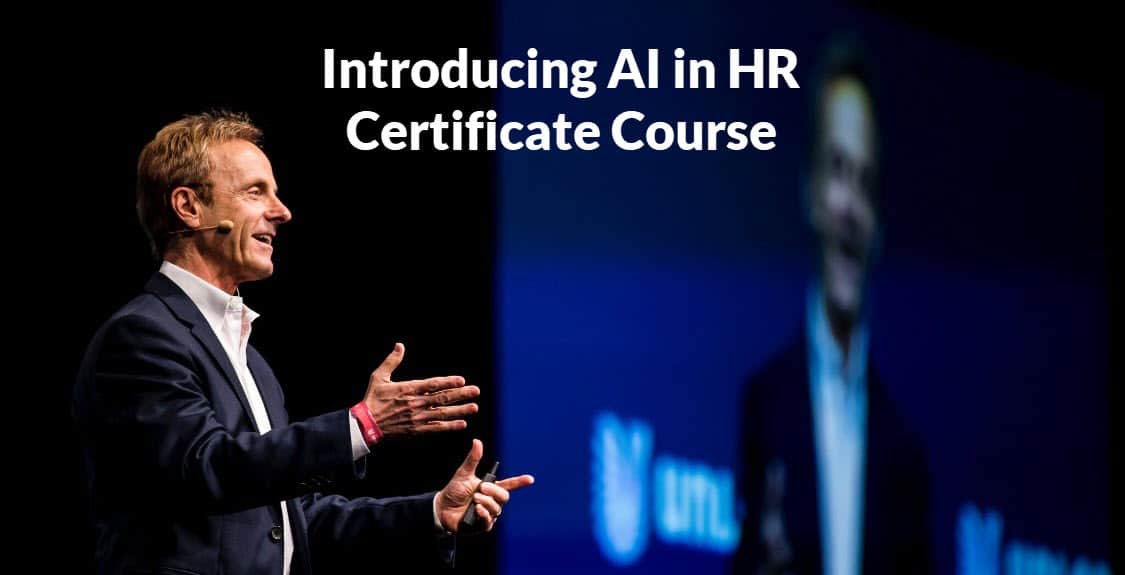In the ever-evolving landscape of healthcare recruitment, agencies are grappling with unprecedented challenges. From escalating demand for healthcare professionals to increasing competition, the pressure to fill roles swiftly and efficiently has never been greater. Central to navigating these challenges is the effective use of Customer Relationship Management (CRM) systems.
The Current State of Healthcare Recruitment in Australia
Australia’s healthcare sector is experiencing significant strain. Projections indicate a shortfall of over 70,000 nurses by 2035, underscoring the urgency for efficient recruitment strategies. Moreover, in 2023, 82% of health occupations were reported to be in shortage, highlighting the critical demand for healthcare professionals across various specialties.
(https://hwd.health.gov.au, ateo.com.au, anmj.org.au, themandarin.com.au)
These shortages are compounded by factors such as an aging population, increased prevalence of chronic diseases, and the lingering impacts of the COVID-19 pandemic. Consequently, healthcare recruitment agencies must adapt swiftly to meet the growing demand and ensure the delivery of quality care.
The Role of CRM Systems in Healthcare Recruitment
CRM systems are pivotal in streamlining recruitment processes, enhancing candidate engagement, and improving overall efficiency. By leveraging CRM technology, agencies can:
- Enhance Candidate Management: Centralize candidate information, track interactions, and manage communication effectively.
- Improve Client Relationships: Maintain detailed records of client requirements, preferences, and feedback to tailor services accordingly.
- Streamline Compliance and Onboarding: Automate documentation processes to ensure compliance with healthcare regulations and expedite onboarding.
- Facilitate Data-Driven Decisions: Utilize analytics to identify trends, forecast staffing needs, and optimize recruitment strategies.
(inoxoft.com)
Implementing a robust CRM system enables agencies to respond promptly to staffing requests, reduce time-to-fill metrics, and enhance the overall recruitment experience for both candidates and clients.
The Consequences of Outdated CRM Systems
Agencies relying on outdated or inefficient CRM systems risk falling behind in a competitive market. Ineffective systems can lead to:
- Delayed Response Times: Inability to promptly match candidates with job openings, resulting in missed opportunities.
- Poor Candidate Experience: Lack of timely communication and engagement can deter potential candidates.
- Increased Operational Costs: Manual processes and redundancies can escalate administrative expenses.
- Compliance Risks: Failure to adhere to regulatory requirements due to inadequate tracking and documentation.
In an industry where speed and accuracy are paramount, the limitations of subpar CRM systems can significantly hinder an agency’s performance and reputation.
Embracing Technological Advancements
The integration of advanced CRM solutions tailored for healthcare recruitment is no longer optional but essential. Modern CRM platforms offer features such as automated matching algorithms, real-time analytics, and seamless integration with other recruitment tools. These capabilities empower agencies to operate more efficiently, make informed decisions, and stay ahead in a dynamic market.
Moreover, adopting cutting-edge CRM technology demonstrates a commitment to innovation and excellence, which can enhance an agency’s appeal to both clients and candidates.
Conclusion
The challenges facing healthcare recruitment agencies are multifaceted and intensifying. To navigate this complex landscape successfully, agencies must leverage the power of modern CRM systems. By doing so, they can enhance operational efficiency, improve stakeholder experiences, and ultimately contribute to addressing the critical staffing needs within Australia’s healthcare sector.
Investing in a robust, healthcare-focused CRM is not merely a technological upgrade; it is a strategic imperative for agencies aiming to thrive in an increasingly competitive environment. For more information on healthcare recruitment companies that have embraced TargetRecruit on Salesforce, check out Verus People and MedPro page.





















